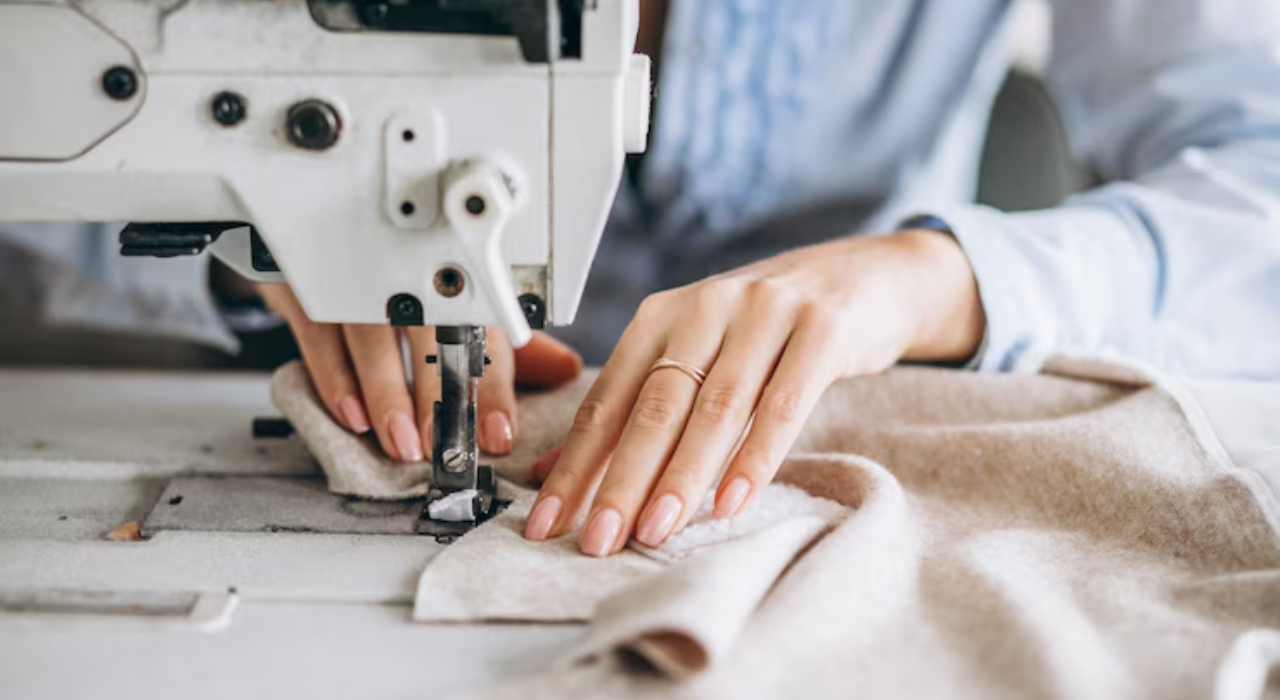The Aid by Trade Foundation (AbTF) is seeking public feedback on its updated Cotton made in Africa (CmiA) standard, a key framework for sustainable cotton production. Interested parties have until November 17, 2025, to provide comments on the draft of Version 5.0, helping to shape one of the world's largest standards for sustainable cotton.
This latest version focuses on three main areas: increasing clarity, reprioritizing objectives, and aligning with new corporate reporting requirements. The standard aims for greater precision by reducing and simplifying indicators, making them easier to understand and implement. Objectives are being reprioritized to strengthen key areas like biodiversity, climate resilience, and cooperation between companies and farmers. Finally, the update ensures that indicators for human rights and risk management meet the growing demands for corporate due diligence and sustainability reporting.
Alexandra Perschau, Head- Standards & Outreach Department, AbTF, encourages public participation, calling it an excellent opportunity to actively participate in shaping our approach to supporting small-scale farmers producing cotton in Africa, to protecting biodiversity, and to giving companies access to the sustainable resources they need to fulfill their due diligence obligations.
The revision process began in spring 2025 with input from partners and stakeholders in Côte d’Ivoire, as well as an analysis of past verification results and new findings in sustainable cotton cultivation. After the public consultation closes and a technical advisory group provides its feedback, the draft will be submitted to the AbTF Board of Trustees for approval. If approved, Version 5.0 will be implemented in 2026.
Cotton made in Africa (CmiA) is an internationally recognized standard that provides transparent traceability for sustainably produced cotton. Over 30 per cent of African cotton is CmiA-verified, and the standard is GMO-free, with a strong focus on protecting human rights, biodiversity, soil, and water. More than 60 textile companies and brands use CmiA cotton, supporting around 800,000 small-scale farmers and their communities.












